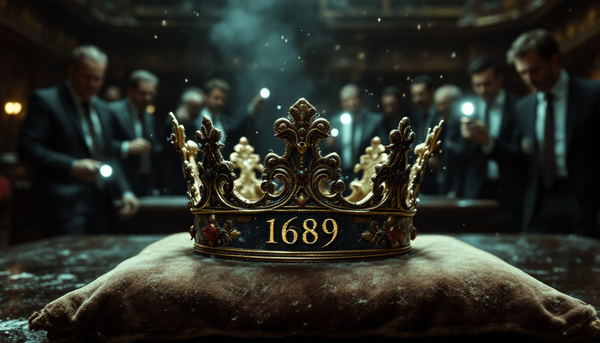A King Who Endorses Evil Is No King At All
Elizabeth the Faithful signed laws legalising abortion, sodomy, empire dissolution, lockdown, and counterfeit marriage. Her son, Charles III, is poised to endorse the national suicide service, give away Chagos, and decriminalise child killing entirely. The House of Windsor will live in infamy.






